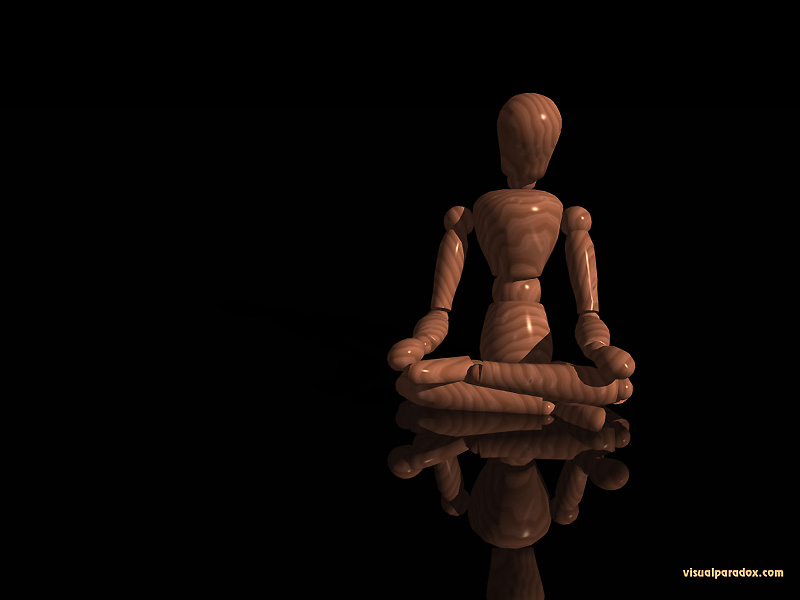It is that time of year again, the first Tuesday in November of an even-numbered year. This is the year I vote in all the available elections, as opposed to the one in two years, when I vote for every office except the big one.
Before I defend not voting in the Presidential election, I've got something to say to those people who get righteously indignant, puff out their collective chests, and huff: "If you don't vote, you don't get to complain". My response: "Huh?" Silly me, I thought that the first amendment guarantees the right to free speech to all citizens, not just the ones who choose to exercise their voting rights. It always seemed to me that that argument was similar to the ones raised by the "America - Love it or Leave it" contingent. Free speech is for speech, not for "good" speech. Note I didn't say ALL speech, because I understand there are things one can say that can affect everything from personal to national security. But I have a hard time with the stretch that if I think a given administration is behaving badly, someone or something might be at risk. Except perhaps, that administration's next term.
But about the Presidential election. There are really only a few things you need to know about the Electoral College, and they're probably things you were taught in school, but perhaps didn't fully understand. The usually accepted version of the form of government we live in is a democracy. It is not. At least not fully. And I'm not talking about conspiracies, lobbies, and 'shadow governments'. Our major form of government is a republic. We elect officials for a given term of years who make laws (the exception here being 'binding referenda', where the public votes on a policy, law, rule, or policy). If those officials don't make the laws we like, we vote them out in the next election that their term comes due in.
For the President, we elect the people who elect the President. Sort of. Those electors are elected in various procedures at the state level. States have differing numbers of electors based on the populations of the states. Can you name a single elector in your state? I know I can't. Some states have rules on how their elector has to vote (popular vote tallies, etc.), but 24 states do NOT have any rules on how their electors vote. Let me repeat that. 24 state electors, representing some 257 electoral votes, have NO rules on the books on how they have to vote. If a candidate gets every single vote in Illinois, for instance (one of those 24 states), those 21 electoral votes could, legally, go to his opponent. Is that likely? Of course not. But it can. Corruption, back-room deals, and conspiracies significant enough to alter an election are a lot more plausible in a pool of 538 votes than one of 120,000,000+.
There have been at least three incidences of the winning Presidential candidate losing the electoral vote since 1824, when the current system was put in place (1876, when Hayes beat Tilden, 1888, when Benjamin Harrison beat Cleveland, and of course, 2000, when Bush beat Gore). Think about that for a moment. More people, in three separate elections, voted for a single LOSER in an election than a winner. How does one reconcile the one-person/one vote, your-vote-counts philosophy with the reality? Are the people really more important in Texas, California, New York and Pennsylvania than they are in South Dakota, Maine, New Mexico, and Nevada? That's why both parties spend the dollars and invest the time in visiting the populous states. They only have to win a handful of states, not the whole country. Instead of disenfranchising one area of the country, they can do it to every region.
So, while I will continue to vote in every election I am eligible to vote in that does not include an electoral college, I certainly won't condemn anyone who doesn't vote and say they don't have a right to complain. Personally, I don't mind at all if my neighbors don't vote. In fact, I'd prefer it. I saw a comedian doing a bit a long time ago about prejudices against gay men. He said, "Hell, I wanna see more gay men. The more men date one another, the more women in the pool." The less voters in my district, the more weight my vote carries.
Random Thoughts of a Schizophrenic Poet - Or... 'I do NOT have Multiple Personality Syndrome...And neither do I'.
This Week's Thought By Somebody Else
- "Reading made Don Quixote a gentleman. Believing what he read made him mad."
- George Bernard Shaw (1856 - 1950)
Blog Archive
-
▼
2006
(11)
-
▼
November
(7)
- Free To A Good Home: Adopt A Pet Peeve Today
- Youth Really Is Wasted On The Young - or - 'When D...
- A Small Hole in the World, Only Noticed Years Later
- I M 2 Lazy 2 Write.. R U?
- Secrets of a Long and Happy Marriage
- Vote Early, Vote Often - Oh Wait, I Don't Live in ...
- Commercial or Propaganda? If You Believe The 'Trut...
-
▼
November
(7)
